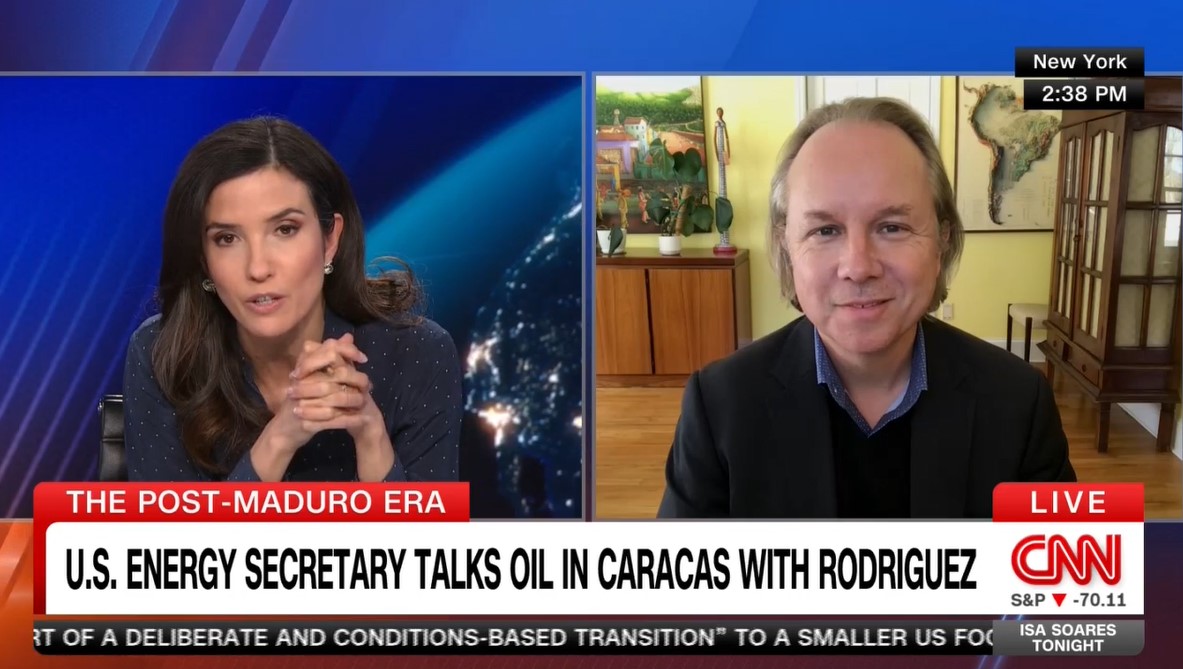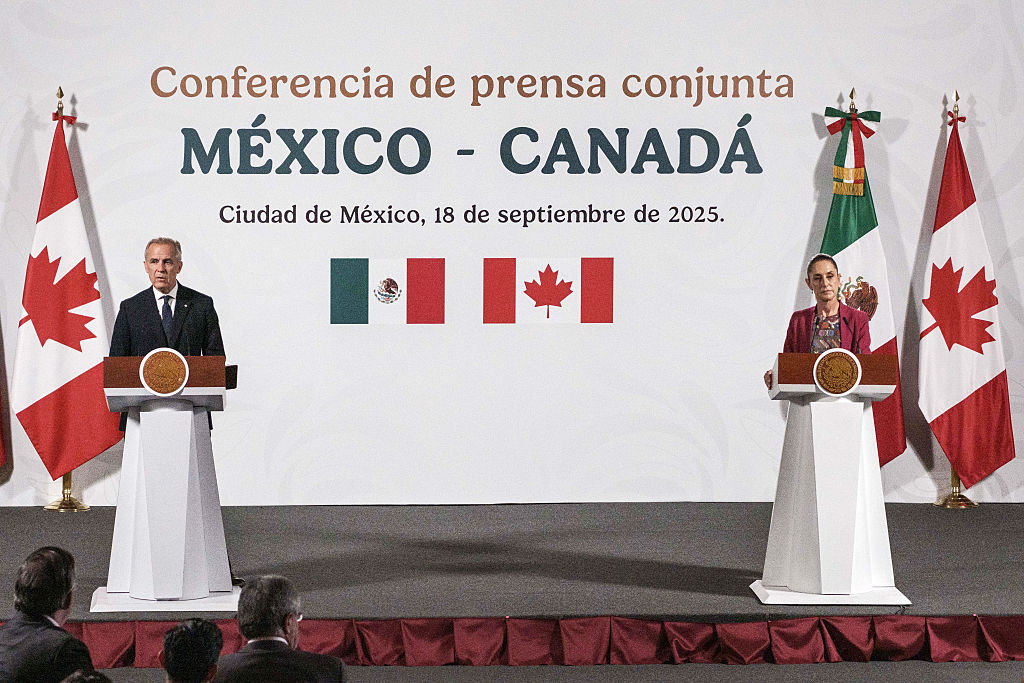Exclusive Interview: Mayor Julián Castro of San Antonio, Texas
Exclusive Interview: Mayor Julián Castro of San Antonio, Texas
With Hispanic Heritage Month underway, Mayor Castro discusses the country’s growing Latino population and immigration reform.
AS/COA: The 2010 Census show that the Latino population has increased by 40 percent over the past 10 years. How is the growth of this community changing the social and political landscape of the United States?
Castro: The changing demographics are a reason for great hope for continued American dominance economically in this global economy. I see Hispanics as a great asset going forward when you think about the global competition we are in. China and India are producing more engineers and more folks with the technical abilities to command new technologies and their economies are expanding very quickly.
Here, in the Hispanic community, you have a group that is very young and that has been on the outside of educational achievement. But if they can come in under the tent and get well educated, they can become the new engineers and entrepreneurs. The Hispanic community has always been a community whose values are very much in keeping with the values that has made America great: a community of service, a long history of military service, [commitment to] faith, and small business ownership. So these new census numbers as a very positive development for the United States.
AS/COA: The potential of the Hispanic population and efforts to foster integration are very much linked. What is being done in San Antonio to help the process of integration, and how could some of these efforts be replicated elsewhere?
Castro: San Antonio has long time record of being a city that is stable. It is diverse—today 63 percent of the city is Hispanic—and has been ranked over the last couple of years as one of the most recession-resistant communities of the Unites States. It’s a city that has not seen the flare-ups that you’ve seen in Los Angeles, or a whole host of other big cities. San Antonio is a model of a community where folks can come into common fabric of what it means to be an American.
San Antonio is where there was the first Spanish-language radio station, the first Spanish-language TV station and one of the first Spanish-language newspapers. The Southwest Voter Registration Education Project was founded there. The Mexican American Legal Defense and Education Fund was founded here. Henry González [of San Antonio] was the first congressman of Hispanic descent to get elected in Texas. [San Antonio] has a long track record of being a leader and a trend setter. That continues today in a metropolis that it is now the seventh-largest city in the United States and the fifth-largest growing city.
AS/COA: Let’s move on to comprehensive immigration reform. What are your perspectives on the likelihood that comprehensive immigration reform will pass and what should such legislation look like?
Castro: Comprehensive immigration reform is important for at least two reasons. First, it’s important for the American economy. Immigrants—including immigrants who are here undocumented or illegally—are a tremendous asset overall to the American economy. And as a corollary, it’s unrealistic that this country is going to deport 11 million people—that would decimate the American economy. So it’s important to get this right in order to ensure that the American economy is able to recover successfully and thrive in the twenty-first century.
Secondly, even though it doesn’t resonate with a lot of policymakers who just look at the numbers, the fact is that these are human beings with human stories. You may have a parent who is here illegally but [that parent] has a child or a sibling who is here legally and their lives are interwoven as kin—it’s not as easy as saying “just deport these folks.”
So what I believe should happen, and what many others have outlined, is there ought to be legislation that both secures the border as much as we can responsibly, but also provides a path for citizenship that includes folks paying a penalty or in some other way being punished for the fact that they broke the law. It should allow them to pay that penalty and then get in the path of citizenship as long as they haven’t committed any serious crime. If we can accomplish that, employers, the American economy, and the lives of the many folks who are in this predicament will be better off.








